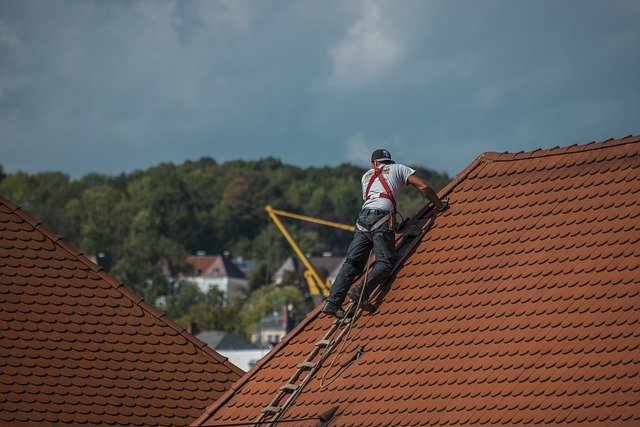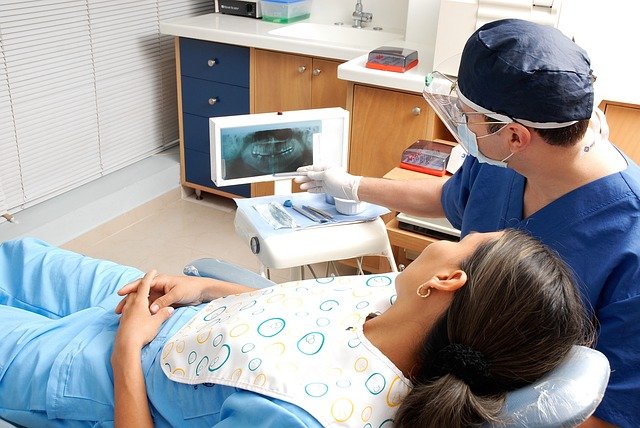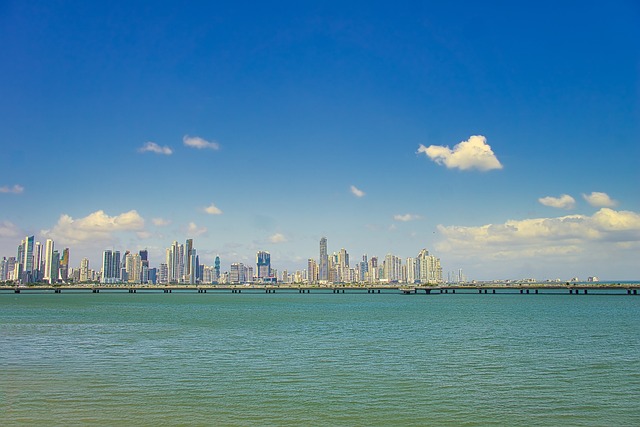UV Protected Polycarbonate Roof Sheets: Types and Applications
Polycarbonate sheets have revolutionized roofing solutions across residential, commercial, and industrial applications. These versatile materials combine exceptional durability with practical functionality, making them ideal for structures requiring both protection and natural light transmission. Understanding the various types available and their specific characteristics helps property owners make informed decisions for their roofing projects.

Common Types of UV Protected Polycarbonate Roof Sheets and Their Applications
UV protected polycarbonate sheets come in several distinct varieties, each designed for specific applications. Solid sheets offer maximum strength and are commonly used for security glazing and machine guards. Twin-wall sheets feature hollow chambers that provide excellent insulation properties, making them popular for greenhouse construction and conservatories. Multi-wall sheets with three or more layers deliver enhanced thermal performance for commercial buildings. Corrugated polycarbonate sheets match traditional roofing profiles while offering superior impact resistance compared to other materials.
Key Features: Light Transmission and Durability Characteristics
Light transmission rates vary significantly across different polycarbonate sheet types. Clear sheets typically allow 85-90% light transmission, while tinted versions reduce this to 20-70% depending on the color intensity. The material’s exceptional impact resistance, rated up to 200 times stronger than glass, makes it suitable for areas prone to hail or debris impact. UV protection coatings prevent yellowing and maintain optical clarity for decades, with most manufacturers offering 10-20 year warranties against UV degradation.
How UV Protected Sheets Enhance Outdoor Structures
UV protected polycarbonate sheets significantly improve outdoor structure performance through weather resistance and longevity. The UV coating prevents material breakdown from solar radiation, maintaining structural integrity and appearance over extended periods. These sheets withstand temperature fluctuations from -40°F to 240°F without cracking or becoming brittle. Their lightweight nature reduces structural load requirements while providing excellent wind uplift resistance, making them suitable for pergolas, carports, and patio covers.
Installation Methods and Maintenance Practices for Longevity
Proper installation begins with adequate structural support, typically requiring purlins spaced 24-48 inches apart depending on sheet thickness and local wind loads. Sheets should be installed with appropriate thermal expansion gaps and sealed with compatible materials to prevent water infiltration. Regular maintenance involves cleaning with mild soap solutions and soft brushes, avoiding abrasive cleaners that could damage UV coatings. Annual inspections should check for loose fasteners, damaged seals, and any signs of thermal expansion issues.
Design Considerations and Thickness Options for Various Projects
Thickness selection depends on span requirements, wind loads, and intended applications. Standard thicknesses range from 4mm for light-duty applications to 25mm for heavy-duty structural glazing. Twin-wall 6mm sheets suit most residential applications, while 10mm or thicker options are recommended for commercial projects with longer spans. Color selection affects both aesthetics and thermal performance, with clear sheets maximizing light transmission and bronze or gray tints reducing heat gain.
| Sheet Type | Thickness Range | Typical Cost per sq ft | Best Applications |
|---|---|---|---|
| Solid Clear | 2-12mm | $2.50-$8.00 | Security glazing, machine guards |
| Twin-wall | 4-16mm | $1.80-$5.50 | Greenhouses, conservatories |
| Multi-wall | 6-25mm | $3.00-$12.00 | Commercial roofing, skylights |
| Corrugated | 0.8-2.5mm | $1.20-$3.50 | Agricultural buildings, carports |
Prices, rates, or cost estimates mentioned in this article are based on the latest available information but may change over time. Independent research is advised before making financial decisions.
Polycarbonate roofing sheets represent a practical solution for modern construction needs, combining durability, versatility, and cost-effectiveness. Their UV protection ensures long-term performance while maintaining aesthetic appeal and functional benefits. Whether for residential pergolas or commercial skylights, these materials continue to gain popularity due to their superior performance characteristics and relatively straightforward installation requirements. Proper selection based on specific project needs and environmental conditions ensures optimal results and maximum return on investment.




